Kava kava is a shrub with rounded and heart-shaped leaves that grows on the islands of Fiji and other islands in the Pacific Ocean. Piper methysticum, as the plant is known, is a very strong sedative and anesthetic.
When taken out of the soil with the roots and subjected to fermentation, this pepper plant turns into a refreshing drink for the locals, who call it "kava kava".
The locals prepare kava kava in quite an unusual way, which is definitely distinguished by its peculiarity and a large dose of originality. Traditionally, boys and girls with very strong teeth and clean mouths sit around a large container.
For a long period of time, they chew pieces of the roots and make characteristic sounds. Then they spit them out into a plate or onto bamboo leaves. Water is added to the resulting mixture, it is then ground and finally compressed.
Under the influence of the ptyalin and other enzymes found in the oral cavity, fermentation occurs. The result is a drink the color of milk with coffee. According to some sources, this beverage is prepared only by young women.
For residents of the Pacific Ocean islands, kava kava is a national beverage that is drunk during all national and religious ceremonies. It has a stunning action and gives an effect similar to getting drunk with alcohol.
The incredibly unhygienic method of preparation of the drink by the locals has in recent times been made illegal because it leads to an increase in contagious diseases.
Composition of Kava Kava
The active ingredients in kava kava are called lactones. They directly impact the part of the brain that's linked with emotions.
Choosing Kava Kava
Extract from kava kava is sold in food supplement form. It is available in sporting goods stores, specialized stores and can be bought on the internet. The price is about $25 for 120 capsules.
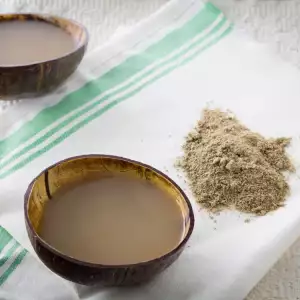
Health Benefits of Kava Kava
Kava kava makes for an excellent alternative to anti-stress and anxiety drugs. It does not have the harmful side effects of similarly acting medicines and does not cause addiction. The effect of the herb is not only psychological but physical as well - it causes muscle relaxation.
The plant causes changes in brain function that lead to relaxation and a reduction in nervous tension. It is successfully used in the battle against everyday stress, as well as for long-term treatment of anxiety and tension.
Another relatively unknown benefit of kava kava consumption is the anti-inflammatory effect it has on the excretory system. It has a relaxing effect on the womb and alleviates menstrual cramps.
In many countries, kava kava is the alternative to alcohol. After ingestion, the lips and tongue are numbed, euphoria sets in, the nerves relax, there is a feeling of prosperity. It has a positive effect on sleep.
No matter how healthy, kava kava should not be taken longer than 12 weeks, with the recommended doses followed strictly.
Dangers of Kava Kava
Use of kava kava extract is recommended for a period of 4 to 6 weeks, before it can be determined whether the treatment is working in that particular case. Side effects such as paleness of the skin and gastrointestinal problems may occur.
Taking large quantities of non-standardized kava kava extracts can lead to dry and flaky rash, known as kava dermopathy. Use of kava kava during pregnancy and breastfeeding is not recommended. It should not be used with alcohol, antidepressants and barbiturates.
Some of the latest studies in Germany and Switzerland show that serious liver damage may occur in very rare cases, as a result of kava kava intake but it is not fully known whether the way the extract is obtained caused this.
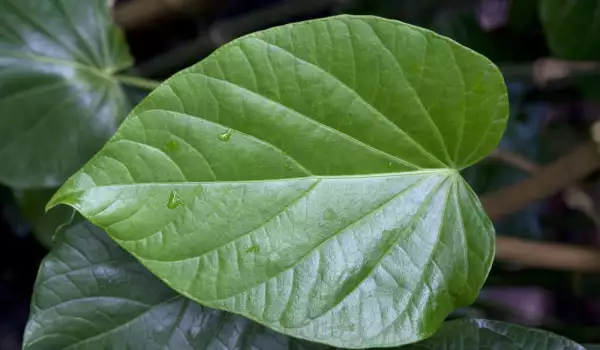
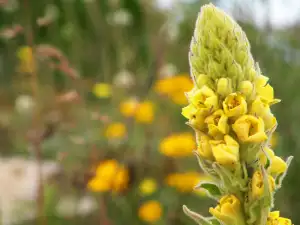
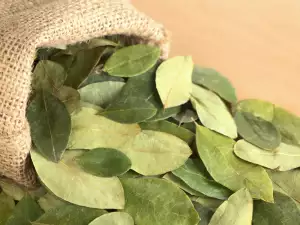
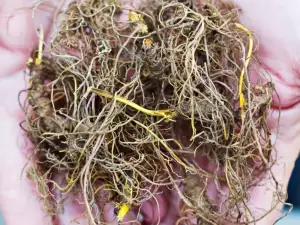

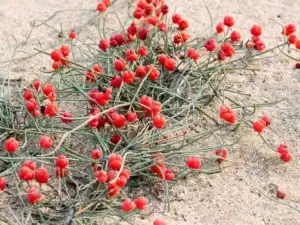
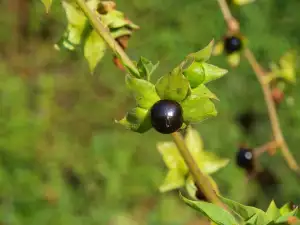

Comments